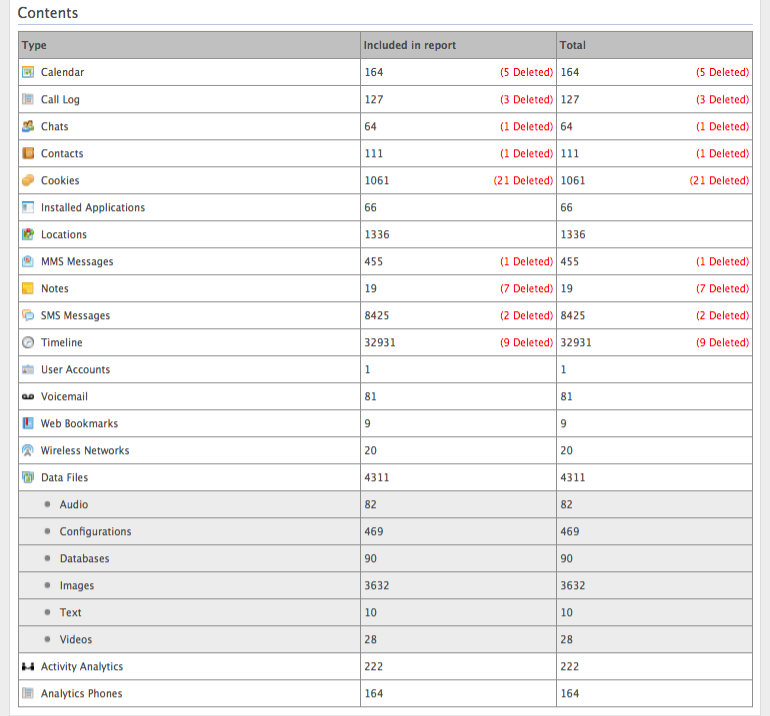U.S. government begins asking foreign travelers about their social media at border
“Foreign travelers arriving in the United States on the visa waiver program have been presented with an “optional” request to “enter information associated with your online presence,” a government official confirmed Thursday. The prompt includes a drop-down menu that lists platforms including Facebook, Google+, Instagram, LinkedIn and YouTube, as well as a space for users to input their account names on those sites. The new policy comes as Washington tries to improve its ability to spot and deny entry to individuals who have ties to terrorist groups like the Islamic State. But the government has faced a barrage of criticism since it first floated the idea last summer. The Internet Association, which represents companies including Facebook, Google and Twitter, at the time joined with consumer advocates to argue the draft policy threatened free expression and posed new privacy and security risks to foreigners. Now that it is final, those opponents are furious the Obama administration ignored their concerns. The question itself is included in what’s known as the Electronic System for Travel Authorization, a process that certain foreign travelers must complete to come to the United States. ESTA and a related paper form specifically apply to those arriving here through the visa-waiver program, which allows citizens of 38 countries to travel and stay in the United States for up to 90 days without a visa.”

